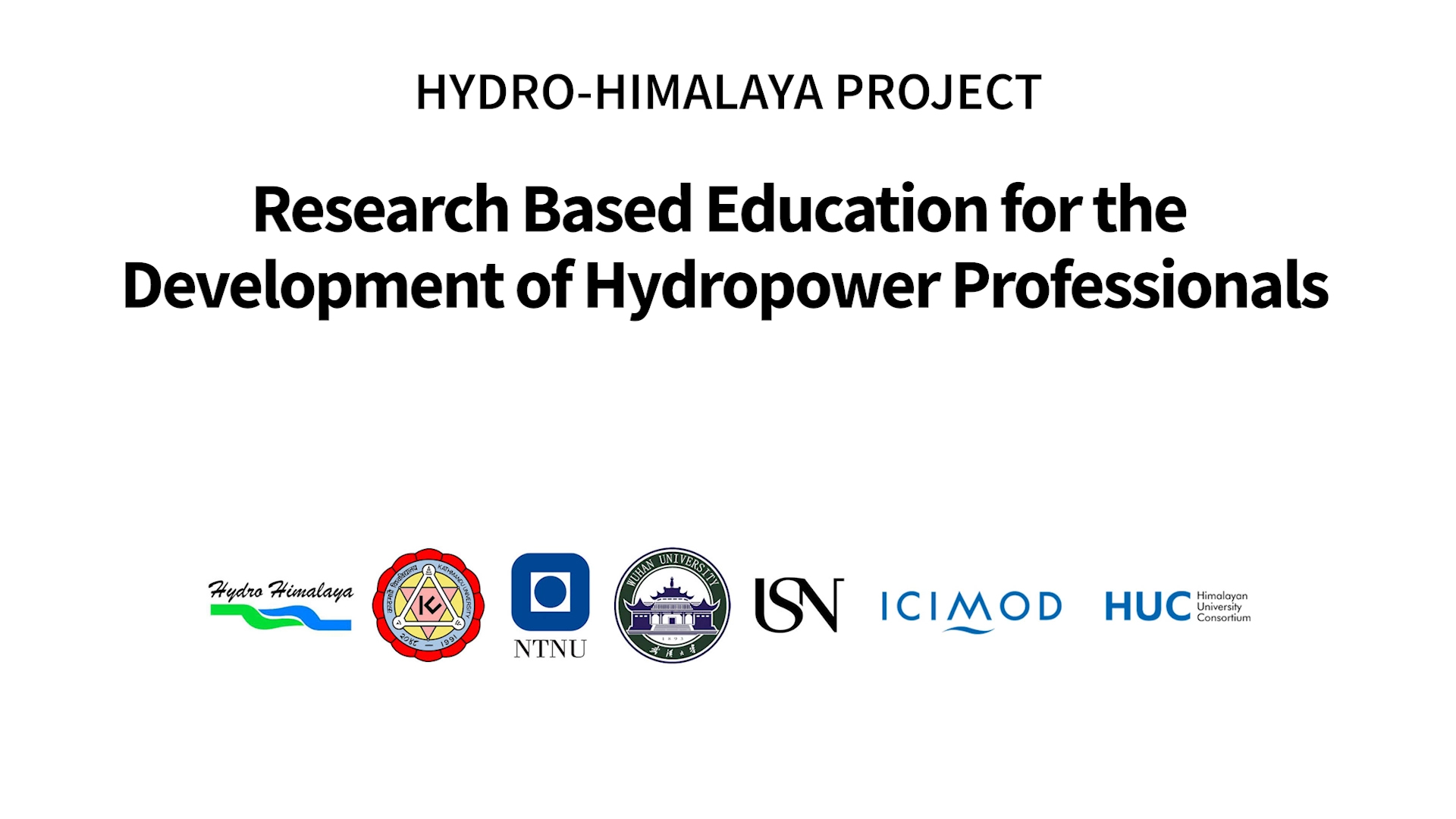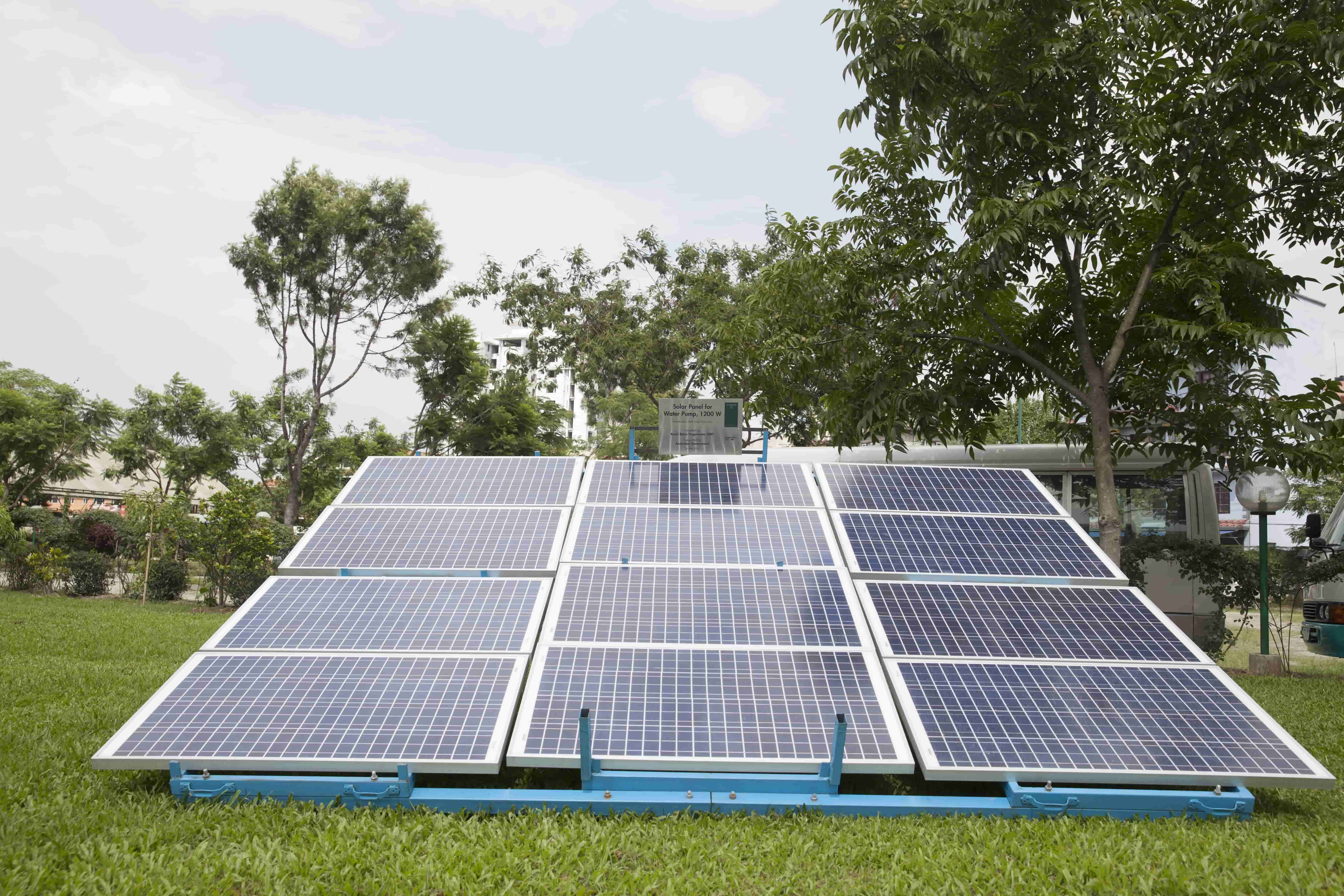
THEMATIC WORKING GROUP ON ENERGY
Proposal
Greenhouse gases are a major contributor to global warming and climate change. The burning of coal, natural gas and oil for electricity and heat is the single largest source of global greenhouse gas emissions. If global warming is to be limited to 1.5o C, the outlined climate target under the Paris Agreement, a united effort is needed to achieve net zero carbon emissions by 2050 at the latest. This race to zero is particularly crucial for the Hindu Kush Himalaya (HKH) since the mountains are particularly vulnerable to climate change due to elevation-dependent warming. It is predicted that even under a 1.5?C scenario, one-third of the region’s glaciers could be lost by 2100.
Many developed countries have already committed to this net zero carbon goal. One such initiative is the European Union’s vision and action plan for transitioning towards green energy ecosystems, integrating renewable energy use along with progress on clean hydrogen energy. The HKH could also learn from and follow similar energy trends.
The energy-economy-environment nexus in the HKH shows a comparatively low economy, with high emissions and an excessive dependence on fossil fuels. The countries in the HKH region have been striving to utilize and promote their renewable energy sources. The consumption of renewable energy also increased six fold from 2000 to 2018, but this is yet to make a substantial impact on the larger energy use picture. There is a need for energy transition across the region from fossil fuel driven economy to a renewable energy driven economy.
Overall, the future of the renewable energy sector looks quite exciting. The HKH is gradually following in the footsteps of developed countries in moving towards a green economy by using renewable energy and could soon enter the transition phase to a low carbon economy.
Mission:
Provide scientific inputs to communities, policy makers and support researchers and professionals to manage challenges in the energy sector and transition towards sustainable and low carbon energy supply systems in the Hindu Kush Himalaya
Vision:
Accelerate the pace of regional cooperation and trade in sustainable energy through a high-level, empowered, regional mechanism
Rationale of TWG
- Provide technical support to the industrial sector for transition to low carbon technologies.
- Share knowledge, experience and resources and enable cooperation for research and innovation in sustainable and low-carbon energy systems.
- Develop a common framework and agreements within the scientific community as the background for the policy level decisions on energy issues at the regional level.
- Cooperate with international academic and research institutions for knowledge and technology transfer in energy sector.
- Provide scientific inputs to communities, policy makers, researchers and professionals in the energy issues, to contribute to Sustainable Mountain Development.
- Collaborate on regional research and transboundary projects, joint publications and knowledge repository, sharing and dissemination.
ACTIVITIES OF THE twg
Research-based education for the development of hydropower professionals
(Hydro-Himalaya Project)

Hydro-Himalaya is a NORHED-II funded project which aims to strengthen research-based education and produce a better qualified workforce for the Hindu Kush Himalaya.
The project will be implemented over six years, starting in 2021, and has three focus areas:
- effective production of hydro energy,
- effective transmission of hydro energy, and
- effective end-use of hydro energy.

